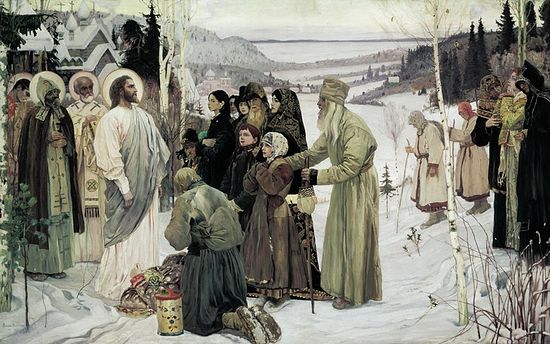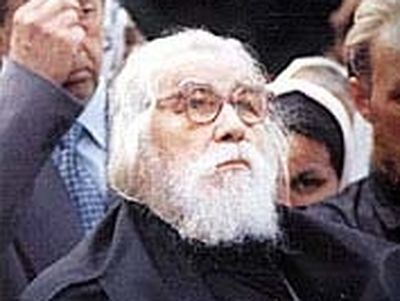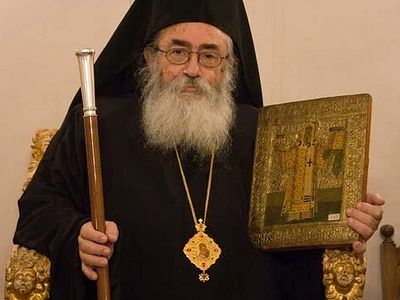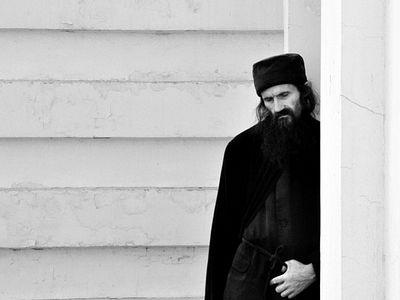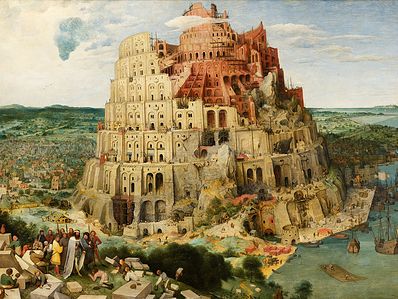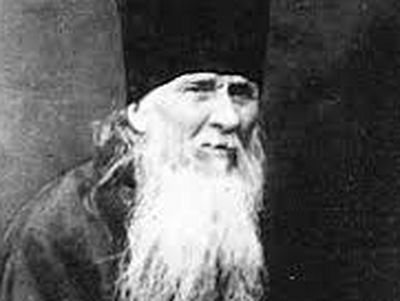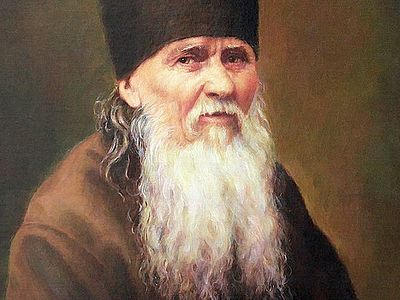St. Anthony of Optina replied to a question about the choice of the monastic life, that one can be saved both in a monastery and in the world. And he reminded us that the enemy may give zeal for virtues that are beyond our strength, while, on the other hand, he may instill neglect and carelessness towards deeds that are within our power: “You mentioned a woman who nourishes a pleasant idea—to leave everything—but doesn’t understand whether such an inspiration is from God or from the enemy. If she opened her heart to a most well-skilled elder or clairvoyant, he would not approve of that thought, for the action of the enemy is thus: he inspires coolness and negligence towards what is possible and within our power, while to those virtues that are beyond the measure of our strength he gives unremitting zeal and his aim is to catch a poor soul.”
The elder spoke about the fact that the Lord gives abundant means for salvation to those living the monastic life and to those living in the status of a layperson alike: “There is not a single person, no matter what his life’s situation may be, who would be deprived of the means of acquiring eternal blessings, for the Lord God wishes all to be saved—unmarried and married alike; withdrawn to a monastery, or dwelling in the lay state. Both to the one and to the other are given abundant means towards salvation!”
St. Macarius answered thus about monasteries: “These abodes—monasteries—are not inventions of the human mind. The Holy Spirit, through the God-inspired Fathers, established this residence for those who are called by God, either out of love for Him, or on account of the multitude of his sins.”
St. Barsanuphius called the monastic way the royal way: “Of course, the monastic way is the royal way, and whoever enters a monastery and is a true monk will be vouchsafed a great reward.”
To those who could receive what was said, the starets directly spoke about the fact that the highest perfection is reached in the monasteries: “One may be saved in the world, too, but the highest perfection is reached in the monasteries. And in the Scriptures it says, He that is unmarried careth for… how he may please the Lord, but he that is married …how he may please his wife (I Cor. 7:32-33). And that is the difference between the world and the monastery.”
The elder sincerely rejoiced when people in society left worldly pleasures and travelled to the monastery for the holy feasts in order to spend these days in prayer, far from the vanity of the world: “I testify to you by my word as a pastor that you have accomplished a podvig[1] by coming here from various places on the great feast of the Nativity of Christ. I firmly believe that the merciful Lord will reward you—how, I don’t know, but He will not leave you, either in this life or in the life to come. Forty or fifty years ago, this time from the Nativity of Christ to His Baptism was still called ‘the Holy Days.’ ‘It was during the Holy Days,’ people would say. Now these two words have been shorted into one: ‘holidays’[2]… What do they mean by this word now? Usually the period of time between Nativity and Theophany, but often with this understanding is united the idea of sinful pleasures, of which there are so many precisely at this time. The enemy mocks Christians, and the time when our salvation was accomplished is turned into a time of accomplishing all possible vices. That is why I have called it a podvig that you have left all the worldly pleasures—the theater, balls, masquerades… and have travelled to our quiet cloister in order to spend these days in prayer, spiritual conversation, and withdrawal from worldly vanity. Here you have prepared yourselves and have communed of the Holy Sacrament.[3]”
At the same time, St. Barsanuphius emphasized that the monastic way is not prescribed for all: “People often accuse those saving themselves in monasteries of selfishness: ‘Just think,’ they say, ‘such-and-such a one entered a monastery! He did thus-and-such and thus-and-such in the world and brought so much benefit, and suddenly he just leaves everything. It’s a sin!’ Don’t be upset by such talk. If the Lord calls a person to His service in the monastic rank, then the person must give up everything and follow God’s call.”
The saint pointed out that sometimes there are direct indications that a person should save himself in the world: “There are various paths to salvation. St. Nicholas of Myra in Lycia went away into the wilderness in order to exercise himself in fasting and prayer, but the Lord did not bless him to stay there. Appearing to the saint, the Lord commanded him to go into the world: ‘That [the wilderness] is not the field in which you will bring Me fruit,’ said the Lord to him. Neither did St. Taisia, St. Mary of Egypt, or St. Evdokia live in monasteries. It is possible to be saved everywhere, only do not leave the Saviour. Hold fast to Christ’s robe, and He will not leave you.”
The elder taught people not to vainly philosophize about the matter of salvation, and not to think up special podvigs for themselves, either, emphasizing that not everyone is capable of going into a monastery, and for a person for whom this path is not possible, one should not force oneself: ‘Once again, I repeat: I am not calling you into the monastery, and in the world there are many paths that lead to God and to one’s neighbor: This work is unquestionably holy—saving others, and to be saved.”
“And before you lie different paths, for some, the monastic way, but not all people are capable of going into a monastery; if a person doesn’t have this desire, he shouldn’t force himself. There is an expression: ‘White garments do not ruin you, and black ones by themselves do not save you.’ You can be saved in the world, only don’t forget the Lord, and keep His commandments according to your strength. The main thing is to prize the Orthodox faith and not to exchange it for any treasure of this world whatsoever.”
